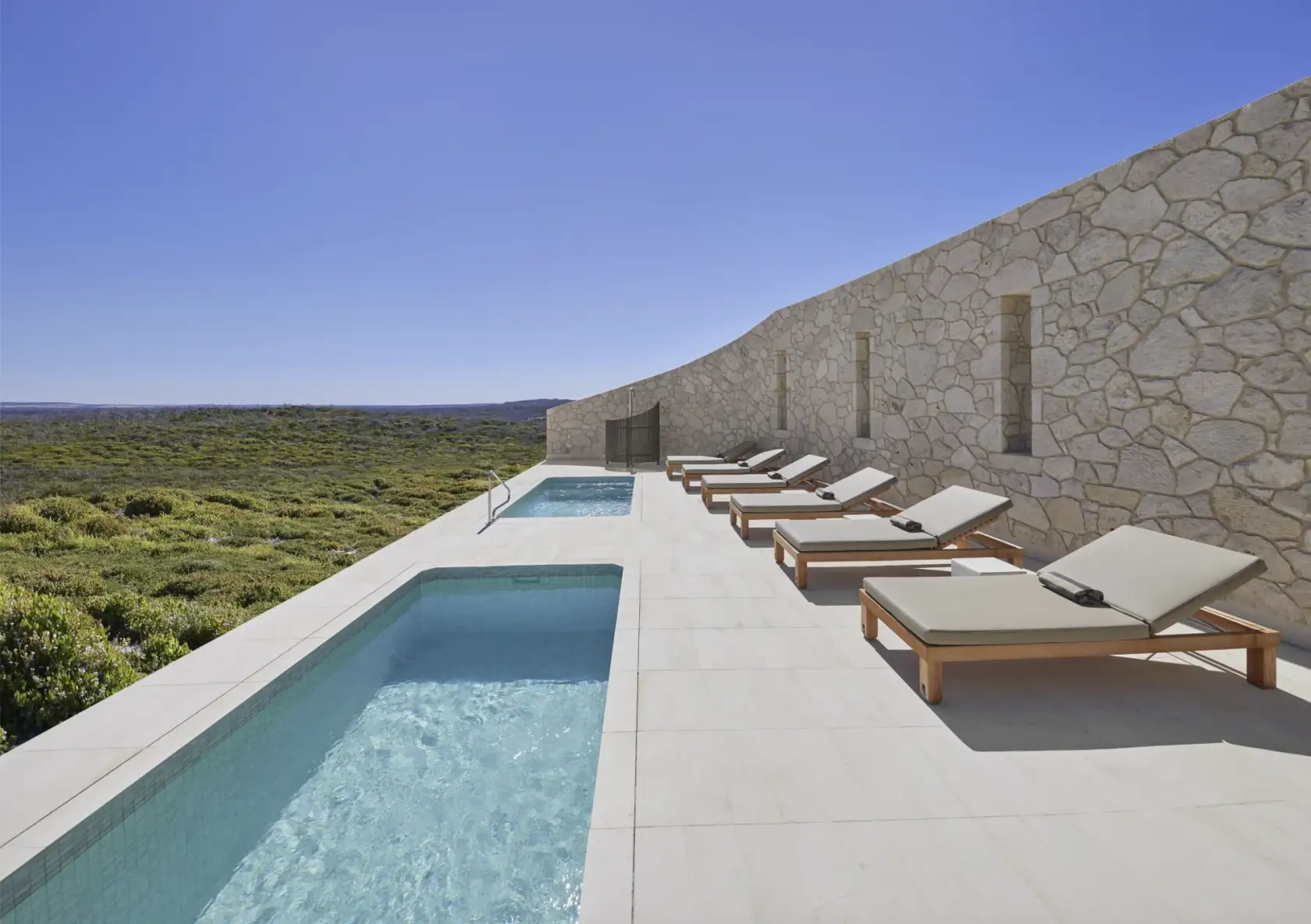

Swimmer health. To pee, or not to pee..
When questioned about the behaviour of their guests, half (49%) said they would not invite guests back if they discovered they were guilty of the same crime. Sixteen per cent suggested they would ask those guests to leave immediately. Perhaps there isn’t any real need for concern, as only 16% of survey respondents admitted to peeing in someone else’s backyard pool. Seems it is something swimmers are only comfortable doing in their own environs.
The study was conducted in light of extended public pool closures due to the COVID-19 pandemic, as the northern hemisphere moves into summer. According to the United States Centers for Disease Control & Prevention, there is no evidence that the virus responsible for COVID-19 can spread through water and that both proper pool operation and adequate water sanitisation should kill the virus.
The more pressing need for adequate sanitisation at this particular time puts unsanitary swimming and hygiene behaviours at the forefront, because pee in the pool reacts with chlorine and lessens the amount available to kill any viruses present in the pool water.
The survey additionally found that nearly one-quarter (23%) of pool owners who handle some or all swimming pool maintenance themselves do not test chlorine and pH levels more often than once every two weeks. Bearing in mind the seasonal differences, that’s a pretty big issue going into the peak swimming period for the year.
Other personal hygiene practices were uncovered, with more than half (54%) of the survey participants admitting to never showering before hitting the water. A terrifyingly high 28% said they would swim within an hour of experiencing a bout of diarrhoea.
These disturbing insights have prompted CDC to join forces with the Water Quality & Health Council, along with industry association the Pool & Hot Tub Alliance (PHTA), to educate swimmers and pool owners about the importance of correct pool chemistry, particularly as the pandemic has so extensively affected the United States.
What happens in the pool…
...does not stay there, apparently. Thirty six percent of surveyed pool owners said they would tell mutual friends if they discovered a guest had peed in their pool. For what it’s worth, respondents that fell into the millennial cohort are twice as likely to hand that information on than baby boomers.
Safety was also investigated in the survey, which found that 90% of swimming pool owners store their chemicals in unsafe locations and 33% of those with children do not lock up pool chemicals, creating a significant — and utterly avoidable — safety risk.
It's not a particularly encouraging set of results as the US heads into summer and, hopefully, isn’t indicative of typical practices in other regions. It does highlight the need for a thorough program of maintenance and adherence to adequate sanitisation and testing practices, if only to protect pool owners from themselves, it seems.
If you have trouble maintaining suitable levels, contact your local pool shop or a SPASA member for guidance.
*The 2020 Healthy Pools survey was conducted by the Water Quality & Health Council, an independent, multidisciplinary group of scientific experts, health professionals, and consumer advocates that is sponsored by the American Chemistry Council’s Chlorine Chemistry Division. The survey interviewed 2143 American adults online on 9–14 April 2020, including 675 self-declared residential pool owners, with the intent to measure perceptions and behaviours related to swimming pools and public health.
The survey had a margin of error of ±2.12% at the 95% confidence level for the whole sample and a margin of error of ±3.77% at the 95% confidence level for the sample of residential pool owners. The survey results were nationally representative of American adults in terms of age, race, gender, region, household income and pool ownership status.
